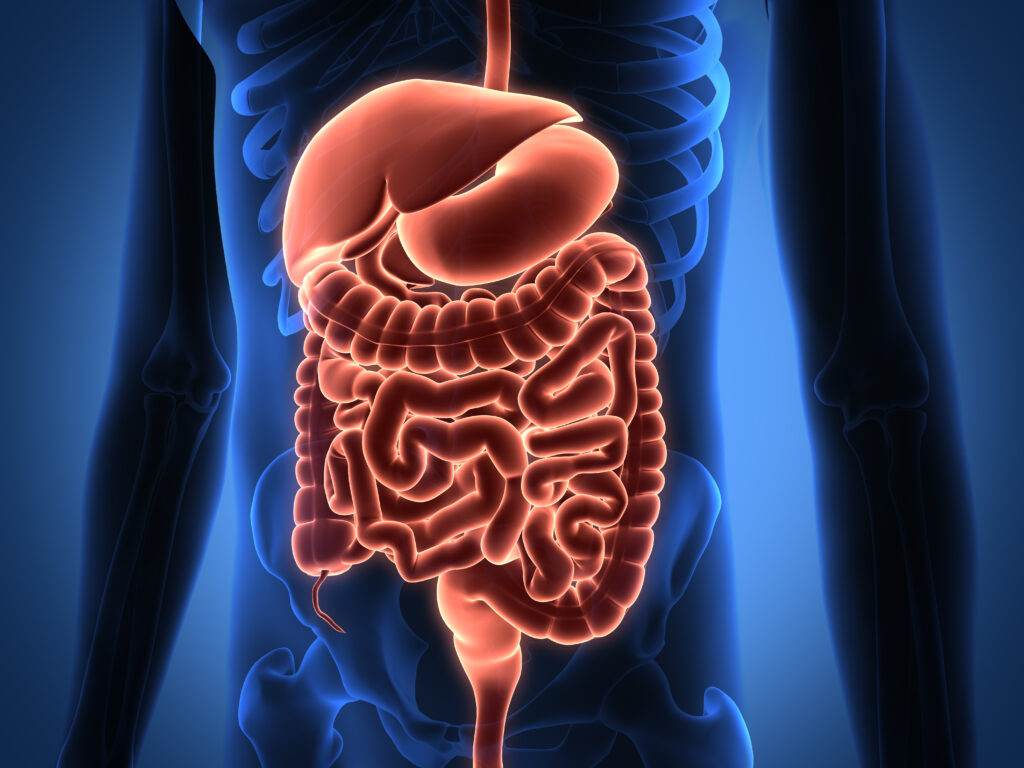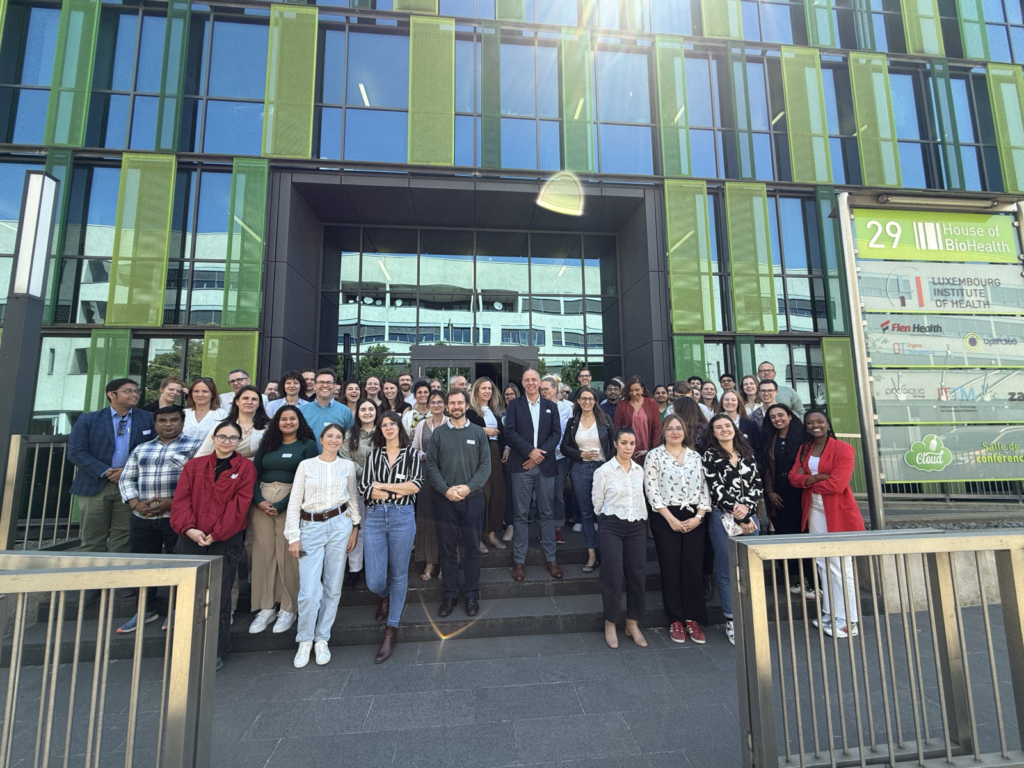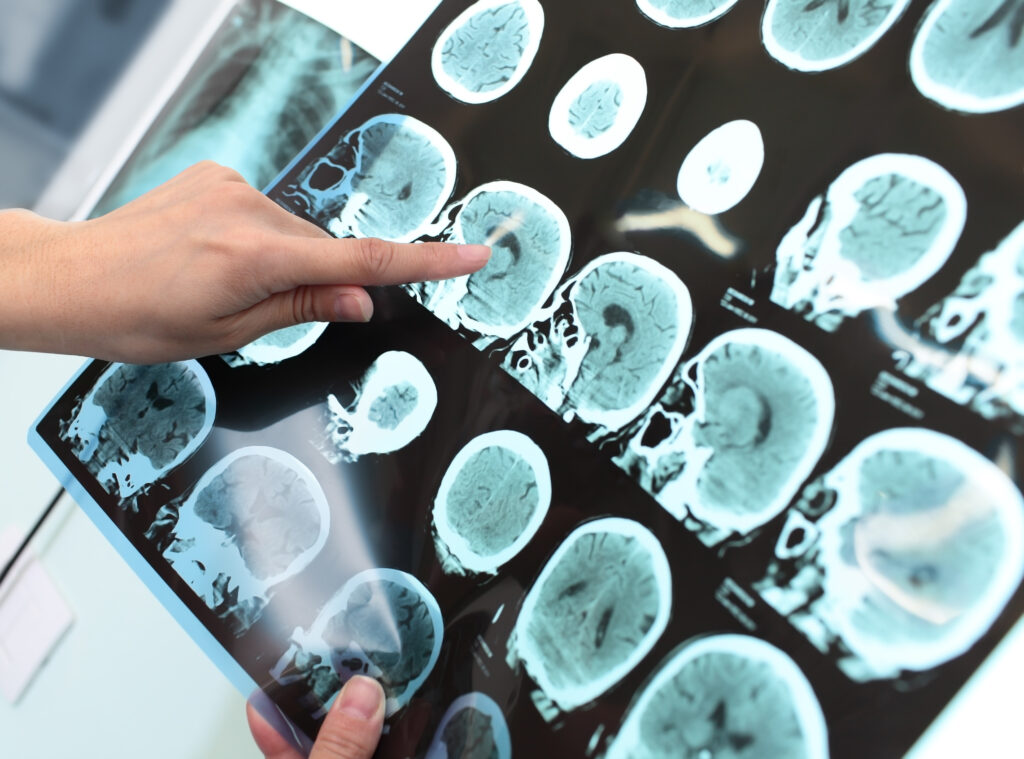- Domaines || de recherche
- Recherche Translationnelle
- Médecine translationnelle transversale (MTT)
- Centre opérationnel de médecine translationnelle (TMOH)
- Service Gestion de projets cliniques (CPMO)
- Centre d'investigation clinique & épidémiologique
- Centre de recherche clinique & translationnelle du Luxembourg (LCTR)
- Biobanque intégrée du Luxembourg (IBBL)
- Disease Modeling & Screening Platform (DMSP)
- Centre du génome Luxgen
- Plateforme de recherche en pathologie (RPP)
- Projets de Recherche
et essais cliniquesSoutenez-nous - Recherche Translationnelle
Actualités
Former la prochaine génération de scientifiques translationnels
Veuillez noter qu’à l’exception du titre et du résumé, cet article est uniquement disponible en anglais.
02 février 2021
3minutes
- Département de Recherche sur le Cancer
- Département Infection & Immunité
- Médecine translationnelle transversale (TTM)
- Cancer
- les troubles immunologiques
- Maladie de parkinson
- i2TRON

Début du programme de formation doctorale i2TRON
Le 1er février a marqué le début officiel du nouveau programme de recherche et de formation « i2TRON (Integrating immune strategies for Translational Research in Oncology and Neurology) » [Intégration de stratégies immunitaires à la recherche translationnelle en oncologie et en neurologie] destiné aux doctorants. Son objectif primordial est de développer la capacité des doctorants à traduire avec succès les résultats de la recherche fondamentale en applications précliniques et cliniques innovantes, et ainsi de contribuer à former la prochaine génération de chercheurs translationnels et à développer une médecine et des soins de pointe.
Launched as a joint initiative between LIH, the University of Luxembourg, the Laboratoire national de santé (LNS) and the Centre Hospitalier de Luxembourg (CHL), i2TRON is a Doctoral Training Unit (DTU) aiming to address the current need for an interactive and interdisciplinary research culture and implement overarching and integrative translational research concepts.
As a truly translational training programme, i2TRON focuses specifically on the three key research domains of auto-immunity/allergology, cancer and neurodegeneration, which are linked by inflammation as a shared pathogenic mechanism. It covers fundamental research, clinical research across different research disciplines, combined with access to data, biospecimen and clinical data from large patient cohorts, as well as the principles of implementation of successful pre-clinical and clinical studies.
The programme, which will run over a period of 6.5 years, will train 20 PhD candidates, with a number of positions being specifically dedicated to PhD students holding a medical degree. These will be able to carry out a PhD while performing their clinical activity or specialisation.
This is an entirely new concept for Luxembourg, which also paves the way for a joint programme of students from life sciences and medicine, thereby fostering the emergence of so-called ‘clinician-scientists’. This innovative and highly interdisciplinary profile effectively combines the knowledge and skills of a translational research path with those of a medical career, thereby contributing to bridging the gap between fundamental research and clinical practice through a multidisciplinary approach
says Prof Rejko Krüger, Director of Transversal Translational Medicine (TTM) at LIH and coordinator of i2TRON.
Additionally, the programme benefits from the expertise of Prof Simone Niclou, Director of the LIH Department of Oncology, and Prof Markus Ollert, Director of the LIH Department of Infection and Immunity, who act as co-coordinators. In parallel, Dr Iris Egner, Project Manager within TTM, ensures the smooth administrative management of the programme.
i2TRON is financially supported by the Luxembourg National Research Fund (FNR) through the competitive PRIDE programme.
CONTACT









